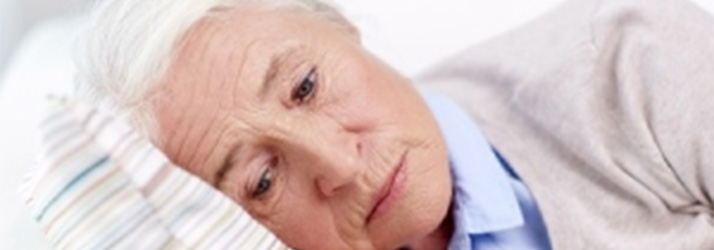Hearing Loss and Baby Boomers

Is your hearing loss caused by loud music or something else?
Boomers who grew up with lectures from Mom to “turn down that hi-fi!” may now be paying the price for their love of decibels.
Hearing loss and loud rock music!
According to hearing loss researcher Richard Salvi, Ph.D., “Baby boomers now have reached an age where hearing loss and tinnitus (ringing in the ear) become major health problems. Many have already lost much of their hearing and developed tinnitus due to years of listening to loud rock music.”
Salvi explains, “Hearing aids, not yet considered a fashion statement, will become a necessary part of the boomers’ dress code as the prevalence of age-related hearing loss begins to accelerate beyond age 65. While hearing aid technology and miniaturization have steadily advanced, restoring the hearing of our youth remains a formidable challenge.”
Veterans and Hearing Loss!
Salvi, Professor of Communicative Disorders, Otolaryngology and Neurology, is Director of the Center for Hearing and Deafness at the University at Buffalo in New York. He says, “Hearing healthcare costs are skyrocketing due to noise exposure and aging.” Salvi has also studied hearing loss in combat veterans. He says, “The Veterans Administration ranks hearing loss as one of its top five major disabilities. In 2010, the VA paid out more than $1 billion for tinnitus disability claims alone.”
Boomers also benefited from regulations and treatment!
And this trend also appears in the general population, where, according to the National Institute on Deafness and Other Communication Disorders, 18 percent of baby boomers are already dealing with some degree of hearing loss from continued exposure to loud noise and age-related changes in the ear. The figure is expected to double during the next decade, though some experts point out that in certain ways, the boomer generation is better off than their elders when it comes to hearing, having benefited from tighter regulations on workplace noise and better treatment for childhood ear infections.
It’s important to seek treatment for hearing loss. “Severe to profound hearing loss and tinnitus associated with aging and noise exposure are not just hearing problems; they can lead to social isolation, anxiety and depression, contributing to an overall decline in one’s general health,” Salvi says.
If you or your loved one is suffering negative consequences from hearing loss, contact us for a free in home assessment!
Source: AgeWise reporting on research from the University at Buffalo Center for Hearing and Deafness


